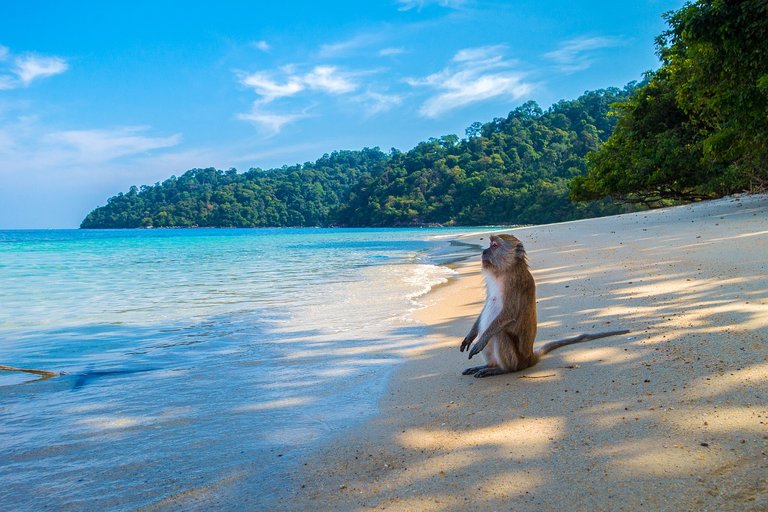On Liberia's monkey islands, numerous chimpanzees still lived. Most of them had recovered from the suffering that had been inflicted on them. The NYBC let them continue to care for them. But this cost $200 a day for the feed alone, and the total cost of the project was over $20,000 a month. These amounts led to the next blow: in spring 2015, the NYBC stopped payments on the grounds that "there had never been any contractual or other obligation to care for the monkeys.
Legally, they belonged to the state of Liberia, but there had been "unproductive discussions" about the future of the animals. But it is no longer sustainable to divert millions of dollars from the Centre's life-saving mission for them.
This threatened to kill the 66 chimpanzees that still populated the islands at that time. Most of them were in their 30s, but the primates can live up to 60 years. They would have to be fed in their "old people's home" for a correspondingly long time.
The public response to this decision was devastating. "They knew that chimpanzees are long-lived," said the renowned primate researcher Jane Goodall. "It is irrelevant whether the experiments carried out with chimpanzees have benefited science or not. It is unforgivable to leave them coldly to their fate."
Scientists, foundations, animal protection and other organizations organized an email flood to the NYBC and started donation campaigns for the animals. The Humane Society of the United States (HSUS) took care of the animals for the time being, and the staff of the Chimpanzee Rescue Project also continued to work free of charge.

Your post was mentioned in the Steem Hit Parade in the following category:Congratulations @affeeeman!